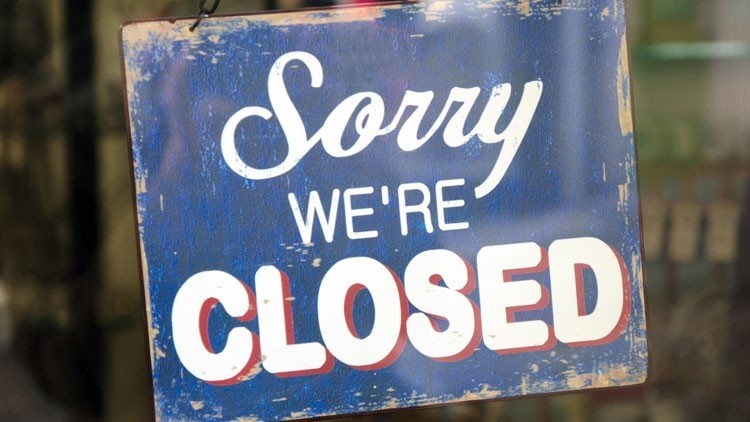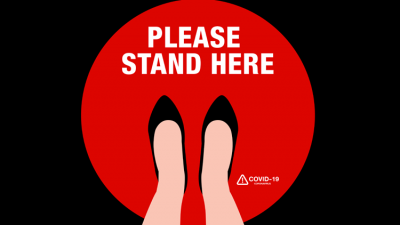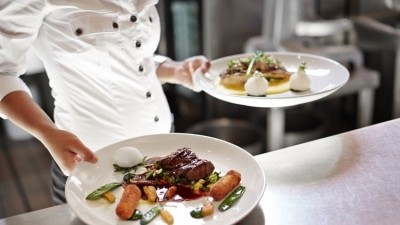One in three operators anticipate permanent site closures

Of the 120 operators asked, just 36% said they will re-open all of their sites for trading, with the remaining 32% yet to decide on closures.
Almost all operators expect to see a much-reduced market overall, predicting that around 70%-80% of sites across the sector will continue to trade.
By sector, on average they expect to see 69% of late-night operations, 71% of restaurant, 77% of drink-led pubs, 79% of pub restaurants and 85% of hotels to be left in business.
The vast majority (96%) said that they were expecting a phased reopening, 81% of which have now started planning for recovery. But 13% said they would need more information before they were able to plan, and 5% said they did not currently have the capacity to consider recovery planning.
In line with their expectations, 62% of operators are planning for a phased reopening of their own estates, with 31% expecting a full-scale reopening should this be allowed by Government.
When lockdown is lifted, two thirds of bosses said they believe it will take them less than two weeks to get their sites ready to trade, with a third (33%) confident they can do it in less than a week. The remaining 22% anticipate a two to four-week preparation period.
For the time being, almost all businesses in the sector (83%) have furloughed over 90% of staff, and three quarters (76%) are not able to top up wages.
Almost half (47%) said that losing quality staff during lockdown was a key concern, although most (63%) feel that their teams will be trained and ready for reopening in less than a week, with 32% saying less than three days.
Given the likelihood of a phased reopening period, 36% backed a three-month post-lockdown furlough extension, and 33% backed a sector-by-sector extension dependent on opening.
Exactly half (50%) of businesses back extending furloughing in three-month blocks, with 40% favouring a month-by-month approach.
On broader Government support, most (73%) said they are either ‘confident’ they will access sufficient funds for reopening, or that they won’t require funding, with 27% ‘apprehensive’ about financing their return.
Operators predicted that adapting to operational changes will be the most pressing challenge post-lockdown, with increased hygiene measures, reduced occupancy, reduced menus and reduced hours cited as the most anticipated changes to business.
Against these challenges, the survey found that market optimism had plummeted from a four-year-high in February (60% bosses were positive about the future) to just 5%, with 89% of operators pessimistic about the future of the industry, and 69% pessimistic about their own company’s future.
“Operators are increasingly focusing their thoughts on reactivation,” says James England, senior vice president at Fourth.
“While it’s not yet clear when the lockdown will be lifted, it is apparent that the market will have a fundamentally different outlook when it reopens.
“Social distancing and the fallout from the pandemic will demand that businesses take a fresh look at their operating models and, of course, labour productivity and increased automation. This might see the rise of the ‘host’ role, in order to oversee social distancing measures, along with likely additional bussing and cleaning activities and procedures.
“Ultimately, hospitality’s post-COVID-19 complexion will look fundamentally different to the start of 2020, but we are a resilient industry that will evolve, adapt, innovate and overcome the challenges presented."


























